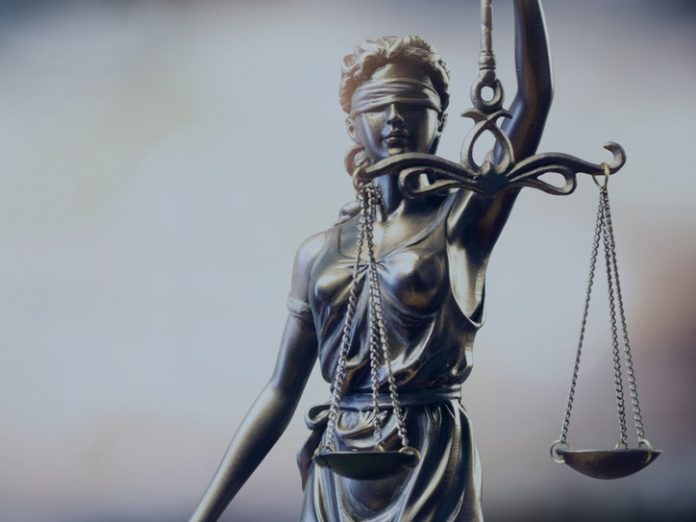This article has been written by Team LawSikho.
Table of Contents
Kerala Judicial Services Exam 2020-21
Law Graduates who wish to become members of subordinate judiciary should write the entry-level exam which is the Judiciary exam or the PCS (J)-Provincial Civil Service-Judicial Examination.
This exam is uniformly divided into 3 stages of Preliminary, Mains and Interview, across all States in India.
The State government under the supervision of respective High Courts appoints members of the subordinate judiciary.
The selection process is further dependent on the yearly vacancies/number of seats.
Judicial services offer several attractive features which include handsome perks and privileges including among others- rent-free accommodation, fuel allowances, subsidized electricity and water supplies, telephone allowances, and bursaries for children’s education.
Eligibility
- The lower judiciary examination is conducted for graduates who have acquired a bachelor degree in law from a recognized institute or university within the age group of 21 – 35 on the year of appearance for the examination.
- The higher judiciary examination is conducted by the High Court of Kerala for the recruitment of Civil Judges or District Judges. Candidates who have a standing of 7 years or more and within the age group of 35- 45 on the year of appearance for the examination are eligible.
Syllabus
Preliminary Examination
Part A
- Code of Civil Procedure
- Indian Contract Act
- Negotiable Instruments Act
- Transfer of Property Act
- Specific Relief Act
- Kerala Building (Lease and Rent Control) Act
Part B
- Code of Criminal Procedure
- Indian Penal Code
- Indian Evidence Act
Part C
- Constitution of India
- Legal G.K
Reasoning
Verbal Reasoning
- Analogy, Series Completion, Verification of truth of the Statement, Situation Reaction Test, Direction Sense Test, Classification, Data Sufficiency, Alpha- Numeric Sequence, Puzzle, Puzzle Test, Blood Relations, Coding-Decoding, Assertion and Reasoning, Arithmetical Reasoning, Operations of Mathematics, Venn Diagrams, Word Sequence, Missing Characters, Sequential Output training, Directions, Test on Alphabets, Eligibility Test.
Non-Verbal Reasoning
- Dot Situation, Identical figure groupings, Forming figures and analysis, Construction of Squares and Triangles, Series, Analytical Reasoning, Paper Folding, Cubes and Dice, Water Images, Mirror Images, Figure Matrix, Completion Incomplete Pattern, Spotting embedded figures, Paper Cutting, Classification, Rules Detection.
Mental Ability
- Number Series, Directions, Alphabet Series, Coding-Decoding, Blood Relations, Statements & Conclusions, Syllogism, Mirror Images, Cubes and Dice, Embedded Figures, Statements & Arguments, Arithmetical Reasoning, Clocks & Calendars, Analogy, Decision Making, Number Ranking, Non-Verbal Series, Data Interpretation.
Mains Examination
Paper-I
- English Grammar, General Essays, Translation of Malayalam Depositional, Documents to English and vice-versa, Precise writing.
Paper-II
Part A
- Indian Contract Act, Transfer of Property Act, Limitation Act, Specific Relief Act, Easements Act, Kerala Building (Lease and Rent Control) Act, Hindu Succession Act, Indian Succession Act – Parts Y VI &X, Dissolution of Muslim Marriage Act.
Part B
- Kerala Court Fees and Suits Valuation Act, Stamp Act Kerala, Kerala State Legal Services Authorities Act, The Kerala Panchayath Raj Act -Ch. X, XI, XXIA & XXIII, Kerala Municipality Act -Ch. IX, X, XXIV & XXV, Negotiable Instruments Act (except Ch. XVII), Registration Act.
Paper-III
Part A
- Indian Penal Code, Indian Evidence Act, Abkari Act, Negotiable Instruments Act -Ch. XVII, Protection of Women from Domestic Violence Act.
Part B
- Juvenile Justice (Care and Protection of Children) Act, Kerala Police Act, Probation of Offenders Act, Forest Act, N.D.P.S. Act (provisions relating to bail and trial by Magistrates).
Paper IV
Part A
- Code of Civil Procedure, Civil Rules of Practice, Kerala Civil Courts Act, Order in Interlocutory Application/ Framing of issues/Judgment writing (Civil).
Part B
- Code of Criminal Procedure, Criminal Rules of Practice, The framing of charges/ Order in Criminal Miscellaneous Petitions.
If you are interested in creating a foolproof strategy for your judiciary preparation, sign up for a judiciary preparation workshop that we are conducting on 14th December for more insights.
For more insights and updates about the judiciary exam, join our Whatsapp group here.
Source
LawSikho has created a telegram group for exchanging legal knowledge, referrals and various opportunities. You can click on this link and join:
 Serato DJ Crack 2025Serato DJ PRO Crack
Serato DJ Crack 2025Serato DJ PRO Crack











 Allow notifications
Allow notifications


